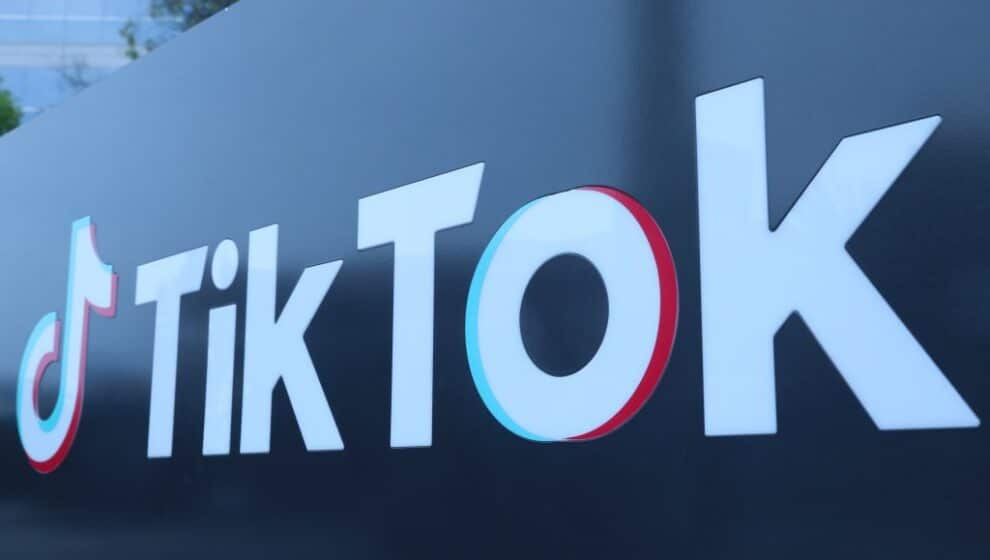Two more states have issued a TikTok ban on state government devices, bringing the total number of states banning the app to seven.
Key Details
- Alabama and Utah are the latest states to discuss banning the popular social media app TikTok on state government devices.
- Security concerns around the app and TikTok owner ByteDance’s close connection to the Chinese government are driving the concerns.
- Multiple government officials, including FBI representatives, have warned that the short-form video app poses a potential security risk.
- Other states that have banned the app are Texas, Maryland, Nebraska, South Carolina, and South Dakota. Some members of the House of Representatives are discussing banning the app on federal government devices.
Why it’s news
The recent deluge of states banning TikTok from government devices comes shortly after the FBI warned that the app could access sensitive data. This concern is the driving reason behind state bans.
“Disturbingly, TikTok harvests vast amounts of data, much of which has no legitimate connection to the app’s supposed purpose of video sharing. Use of TikTok involving state IT infrastructure thus creates an unacceptable vulnerability to Chinese infiltration operations,” Alabama Governor Kay Ivey says.
In her memo banning the app from government devices, Gov. Ivey asks that other Alabama executive branch agencies take action to secure sensitive information.
Utah Governor Spencer Cox also issued an executive order banning the app from state-owned electronics. The ban is to take place immediately, according to the order.
“China’s access to data collected by TikTok presents a threat to our cybersecurity. As a result, we’ve deleted our TikTok account and ordered the same on all state-owned devices. We must protect Utahns and make sure that the people of Utah can trust the state’s security systems,” Gov. Cox says.
In addition to the seven states that have banned the app, others have taken different actions against the app. Indiana, for example, sued the app and accused it of promoting mature content to children and harvesting user data.

